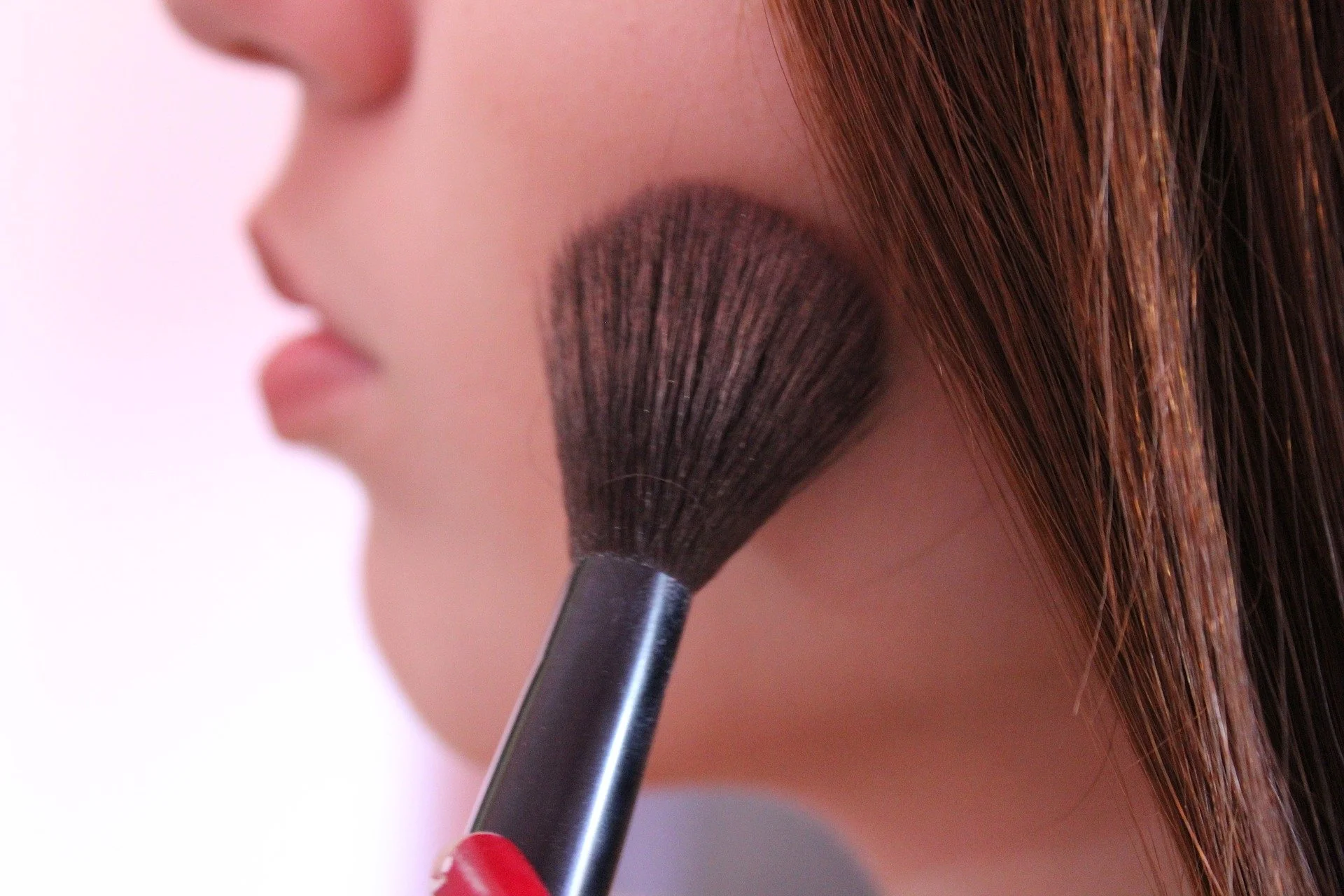Tips to Help You Help Senior Relatives
When you have elderly relatives, whether they are parents, grandparents, or aunts and uncles, it can be worrying when they are no longer able to look after themselves in the same way that they once did.
When you have elderly relatives, whether they are parents, grandparents, or aunts and uncles, it can be worrying when they are no longer able to look after themselves in the same way that they once did. You want to do everything you can to help them, but often you don’t even know where to begin, which is why I’ve put together some tips to help you help your senior relatives whenever they need it.
Listen to them
One of the most important things you can do for your senior relatives is giving them the courtesy of listening to them. They may be older, but unless they have a mental impairment like Alzheimer’s, they are still the person best able to know what they want and need. So, although you might think you know what’s best for them, don’t make decisions without their input if at all possible.
Advocate them
Whether it’s asking their doctor for a second opinion on some worrying symptoms or calling in a nursing home abuse attorney when you think they have been mistreated, one of the best things you can do for your older relatives is to stand in their corner and fight for them when they may be less able to fight for themselves. Just knowing they don’t have to go it alone; that you will always be there to help them, will mean more to them than you could ever imagine.
Check in on them regularly
One of the simplest things you can do to take care of your senior family members is simply to check in on them and see how they are doing as often as possible. Not only will this help to prevent them from falling into a pit of loneliness, which is very common in older people, but it will also mean that if their health starts to deteriorate, you will be more likely to spot it happening and encourage them to get timely help.
Encourage them to stay active
Many older people withdraw from going out and engaging with the world which can lead to a swift decline, so be sure to encourage them to head to the senior center for a game of bingo or to come on a walk on the beach with you or whatever as often as possible.
Take good care of yourself
If you are caring for senior relatives, it is really important that you don’t overdo it, and that you take regular time out for self-care. After all, if you aren’t in good shape, then you won’t be of much use when it comes to helping them. So, whether you like long walks in the park, meditating in the garden, or reading a good book in the bath, make sure that you have plenty of time to just be.
Helping senior relatives can be tricky and it can often feel like a thankless task, but they have looked after you and, as you can see, helping them in their time of need doesn’t have to be nearly as tough as you imagined.
How the COVID-19 Pandemic is Impacting Access to Healthcare
The healthcare system is under mass pressure right now. The finite medical resources available are being stretched to their limits as healthcare staff battle against the full-force of a global pandemic.
The COVID-19 pandemic has caused mass disruption. Each aspect of everyday life has been impacted by the Coronavirus situation, from interpersonal relationships to work-life and job security.
The healthcare system is under mass pressure right now. The finite medical resources available are being stretched to their limits as healthcare staff battle against the full-force of a global pandemic. However, this unprecedented situation has consequences that extend beyond the symptoms of the virus, and global citizens face even more significant challenges than the Coronavirus itself. The impact of the pandemic and the resulting stay at home orders have taken a substantial toll on the mental health of people across the world. This is mainly due to the loneliness and isolation caused by quarantine. The mental health implications of life during the pandemic should not be underestimated. But, diminished mental wellbeing is not the only additional health issue that has resulted from the pandemic. One growing problem that has arisen during the Coronavirus crisis is that access to healthcare has also been negatively impacted.
Reduction in patients accessing healthcare
Even during the beginning of the pandemic, there was a significant drop in the number of adults accessing healthcare. The CDC states that in the week 24 - 30 June 2020, four in ten adults in the US avoided seeking medical care as they were concerned about COVID-19. While worries about contracting the virus may be understandable, they could contribute to a far more severe issue. The majority of the adults that avoided seeking medical care were those with disabilities and those with two or more underlying conditions. While the chance of developing severe COVID-19 symptoms (should they contract it) may be higher in some people within these groups, there is also an increased risk of their existing conditions deteriorating further due to a lack of necessary medical care. Failing to monitor existing health conditions is a significant concern and could have a severe impact not only on the patient’s current health but also on their long-term prognosis.
According to the American Journal for Managed Care (AJMC), hospital admission rates for acute conditions dropped during 2020 compared to the previous year’s admission rates. This demonstrates that patients may be avoiding medical attention even for acute conditions.
Ensuring that non-COVID-19 patients seek medical attention
The Coronavirus remains a real threat to public health. But, it is also essential to mitigate the long-term damage. No one knows the future costs if patients continue to avoid accessing healthcare when it is needed.
Continuation of care throughout the pandemic is vital to prevent long-term effects on public health. Making it easier for patients to access the care they need is crucial as reducing availability will create another barrier for patients to overcome. Treatment centers such as Enterhealth Outpatient services continue to be contactable day and night and providing telehealth appointments. Offering convenient access to care, such as virtual consultations, is an excellent way to help patients continue accessing the treatment they need both now and in the future.
How To Take Care of Your Teeth And Maintain Good Dental Hygiene
When it comes to taking care of our bodies, our minds instantly think about how much we exercise and the nutritional value of the food we consume. More recently, we have begun to stress the importance of taking care of our mental health and making sure to take some time out to relax and recharge. However, we tend to forget about the health of our teeth.
When it comes to taking care of our bodies, our minds instantly think about how much we exercise and the nutritional value of the food we consume. More recently, we have begun to stress the importance of taking care of our mental health and making sure to take some time out to relax and recharge. However, we tend to forget about the health of our teeth, and this can lead to serious problems such as toothache, tooth loss, and requiring fillings from the dentist. So, how do you take care of your teeth and prevent needing treatment in the future.
Brush Your Teeth
This may sound obvious, but many people forget to brush their teeth twice a day due to busy lifestyles. It is paramount to brush twice daily as this removes any plaque on teeth before it can harden into tartar, which can make your teeth look less white and will have to be removed by your dental hygienist. Brushing does not just help prevent gum disease and other nasty problems, but also helps to keep your teeth looking pearly white, as brushing removes the pigments that would otherwise build up and make your teeth look yellow. If you want to make sure that you’re getting the most out of your brushing, it may be worth thinking about investing in an electric toothbrush. Electric toothbrushes are meant to be much better for your teeth than manual ones, as they are more effective at removing plaque and have built-in timers to ensure that you brush for the full two minutes that you are supposed to. These can be expensive to buy, but they will last for years and are therefore worth the investment if you are really dedicated to looking after your teeth.
Visit The Dentist
It would help if you remembered to go to your local dentist for a check-up every six months. Going to the dentist regularly means that any problems with your teeth will be detected early on, and this will make them more manageable to treat. If you currently are not registered at a dentist, maybe you should look at David Robertson, DDS. Many people find going to the dentist a daunting prospect, but there really is nothing to fear. Your dentist will talk you through everything that they are going to do and put you at ease. Your dentist may also refer you to a dental hygienist. If they do, it is worth going to see the hygienist. A dental hygienist will remove any difficult plaque and tartar from your teeth. They may also perform a clean and polish to remove any stains on the surface of your teeth. These regular appointments at both the dentist and the hygienist will help make sure your teeth and gums are as healthy as they can be.
Cut Down On Sugar In Your Diet
Whilst it is not something we think about a lot in relation to our teeth, an unhealthy diet can damage our teeth; sugar, in particular, is particularly bad for our teeth.This is why you should only eat small amounts of high sugars and fat, as a diet with less sugar in it can help reduce your chances of tooth decay. Sweets and sugary drinks are particularly bad for having high levels of sugar in them, but so are some fruit juices, so it is important always to know how much sugar is in your food and drink to manage the level of sugar in your diet appropriately. Smoothies can be particularly bad for having high sugar levels as when the fruit is blended, the natural sugars they contain are released, so it is recommended that you only have one smoothie a day and drink it with a meal.
Quit Smoking
We all know that smoking has disastrous consequences for people. It can lead to lung cancer and increase your risk of having a stroke or experiencing brain damage. However, smoking also stains your teeth and increases your risk of gum disease. Therefore, it is imperative that if you do smoke, try to quit, or if you do not already smoke, not take up the habit as it will help keep your teeth healthy, but it will keep the rest of your body healthy too.
Taking care of your teeth now will help you avoid unnecessary treatments and problems in the future, so it is really important that you implement these steps now to look after your teeth to keep them healthy and where they belong.



























